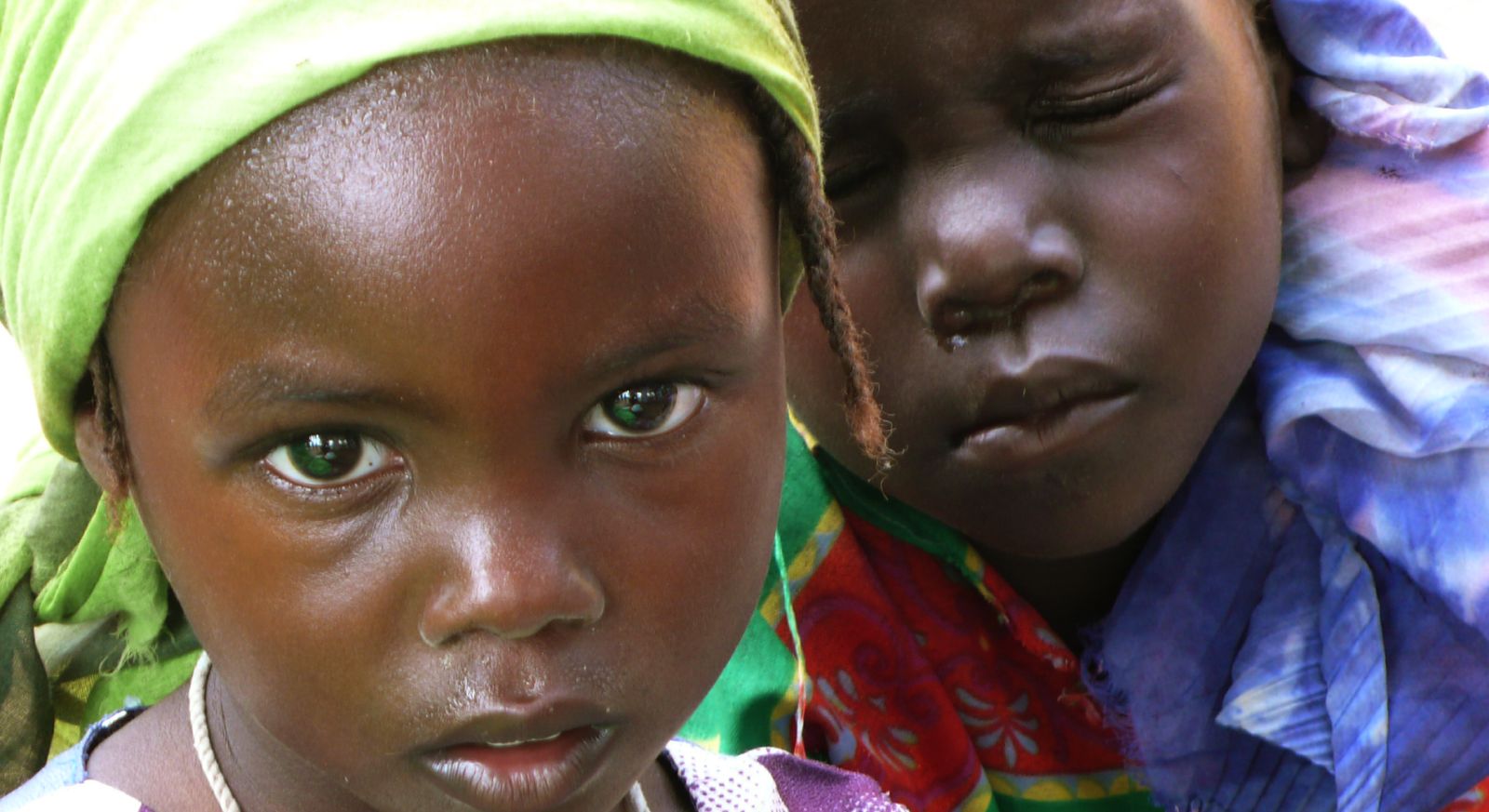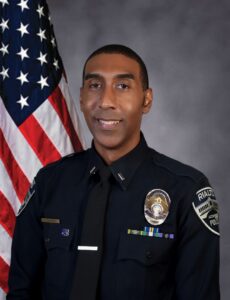Refugees, asylum seekers and immigrants tend to aggregate in “guest” communities around the periphery of larger “host” (local) communities in their “new” countries. Life in such “guest” communities is not simple or easy. Economic pressures abound, and difficulties in language, communication, cultural orientation, education, healthcare and just about every other personal and communal aspect contribute to an environment rich in small and not-so-small conflicts.
To make the situation even worse, most of the newcomers find themselves adrift when it comes to conflict resolution/management. They left behind in their countries of origin familiar, mostly indigenous conflict resolution practices, often based on tribes, clans and other affiliations that no longer exist in their new life. Their kin group is no longer around, and their ability to work through small and large conflicts using local dignitaries and familiar rituals is non-existent. At the same time, they have very little understanding of the host community/country conflict resolution mechanisms; they don’t understand how the legal systems work, and they are even less familiar with the local alternative dispute resolution practices.
So how do these newcomers resolve conflicts? A recent research project in Tel Aviv, Israel sheds some light on this question:
About 3,500 Darfuri men (and a few women) asylum seekers live in Israel. The majority are 25-40 years old. Older men, including village and community dignitaries, stand little chance of surviving the brutal trek.
In Darfur, where most inhabitants live in small villages, inter- and intra-communal conflicts are traditionally resolved through the customary justice process of Judiya. But in Israel, Darfuri asylum seekers no longer reside with their kin-groups (villages, tribes, clans). Instead, they often co-habit with asylum seekers from other tribes, clans and villages, living in crowded conditions, mostly in the poor south side of Tel Aviv – a situation that gives rise to multiple small conflicts.
In the absence of their familiar tribal structure, dignitaries, and other interveners, the refugees have no access to the traditional dispute resolution mechanisms with which they grew up. Furthermore, these asylum seekers avoid bringing their conflicts to the attention of the Israeli authorities, for fear of endangering their asylum petitions. The result is that this community finds itself trying to cope with difficult, intra-communal, conflict-rich conditions, without being able to use either traditional conflict resolution mechanisms or local formal justice processes.
The response of the Darfuri asylum seekers community to this circumstance has been to develop their own multi-tier, quasi-customary intra-communal dispute resolution mechanism. This new mechanism combines elements of their traditional, Darfur-based processes along with newly constructed modifications designed to compensate for the missing elements (e.g., lack of village elders) and make use of available resources (e.g., young community activists).
There is hardly any large city in a Western country—including the United States—that does not play host to numerous immigrant, refugee and asylum seekers communities. It is reasonable to assume that many such communities struggle with similar challenges and that inter-communal conflicts, in addition to impacting the communities themselves, have an impact on the surrounding “host” communities. To better understand these issues, I conducted a study employing analysis of multiple interviews and review of relevant literature to identify and describe the unique, informal dispute resolution mechanism that the Darfuri community developed in Israel.
The insights developed in this study may help community activists, municipalities, policy makers, NGOs and other individuals and organizations understand and facilitate alternative dispute resolution mechanisms within similarly-structured, and similarly-affected displaced persons and asylum seeker communities around the country and around the world.


